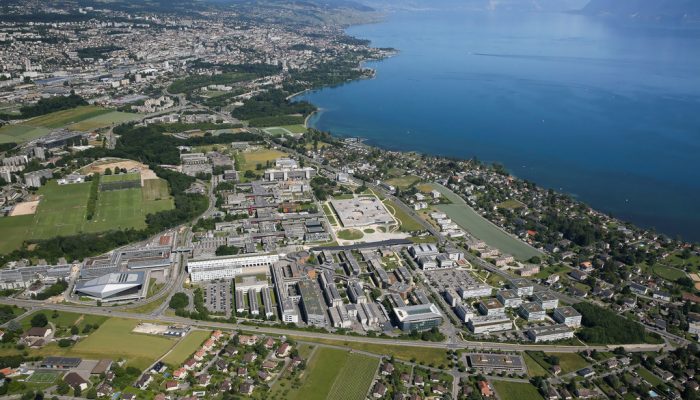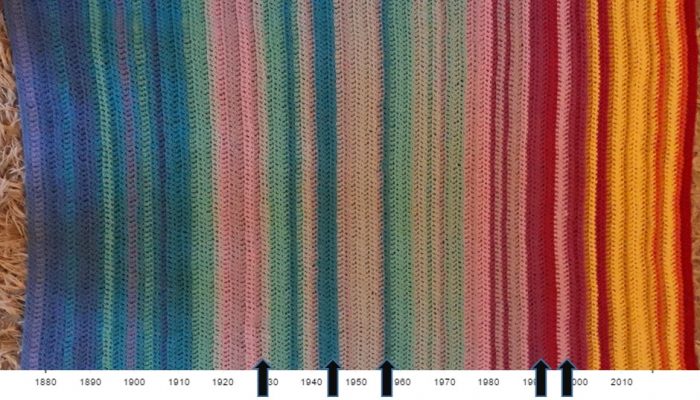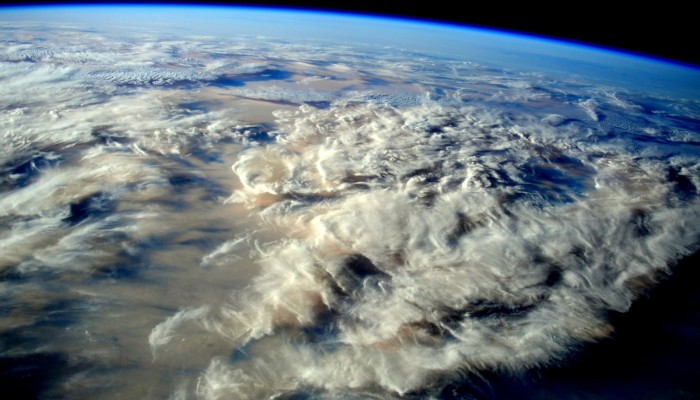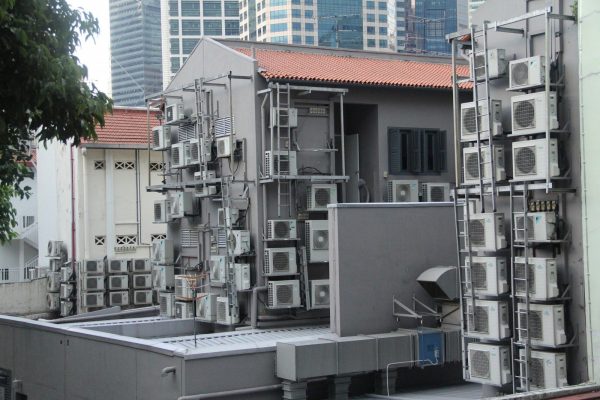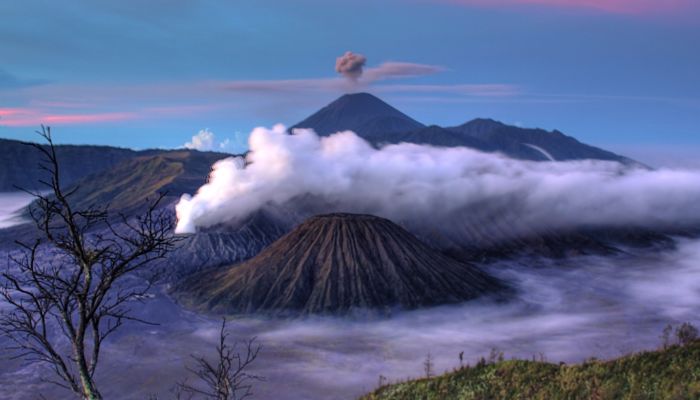Climate change is calling for various and multiple approaches in the adaptation of cities and mitigation of the coming changes. Because buildings (residential and commercial) are responsible of about 40% of energy consumption, it is necessary to build more energy efficient ones, to decrease their contribution to greenhouse gas emissions. But what is the relation with the atmosphere. It is two fold ...[Read More]
June 2017 Newsletter
The blog will now also host a newsletter specially dedicated to Early Career Scientists of the Atmospheric Sciences Divisions. ECS – AS News – Issue 1 – June 2017 FROM THE PRESIDENT Dear Early Career Atmospheric Scientists, I hope that you by now have digested all the excellent science and events that took place during the EGU GA in April. I would like to thank you all for your contribution that m ...[Read More]
The art of turning climate change science to a crochet blanket
We welcome a new guest post from Prof. Ellie Highwood on why she made a global warming blanket and how you could the same! What do you get when you cross crochet and climate science? A lot of attention on Twitter. At the weekend I like to crochet. Last weekend I finished my latest project and posted the picture on Twitter. And then had to turn the notifications off because it all went a bit noisy. ...[Read More]
Do you want to establish a career in the atmospheric sciences? Interview with the Presidents of the AMS and the EGU-AS Division.
Establishing a career in the atmospheric sciences can be challenging. There are many paths to take and open questions. Fortunately, those paths and questions have been thoroughly explored by members of our community and their experiences can provide guidance. In light of this, in September 2016 Ali Hoshyaripour [Early Career Scientists (ECS) representative of the European Geoscience Union’s Atmosp ...[Read More]
What? Ice lollies falling from the sky?
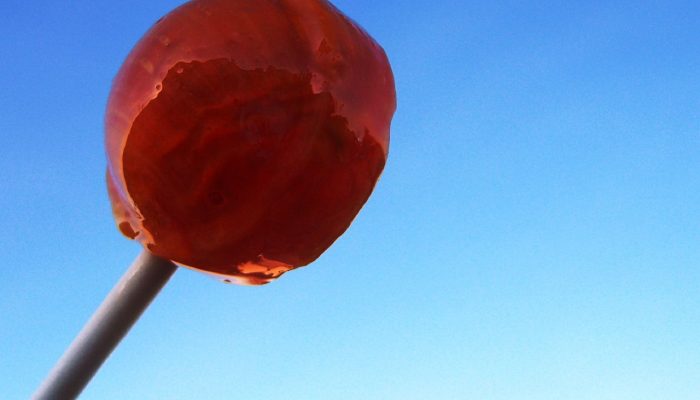
You have more than probably eaten many lollipops as a kid (and you might still enjoy them. The good thing is that you do not necessarily need to go to the candy shop to get them but you can simply wait for them to fall from the sky and eat them for free. Disclaimer: this kind of lollies might be slightly different from what you expect… Are lollies really falling from the sky? Eight years ago ...[Read More]
Black Carbon: the dark side of warming in the Arctic
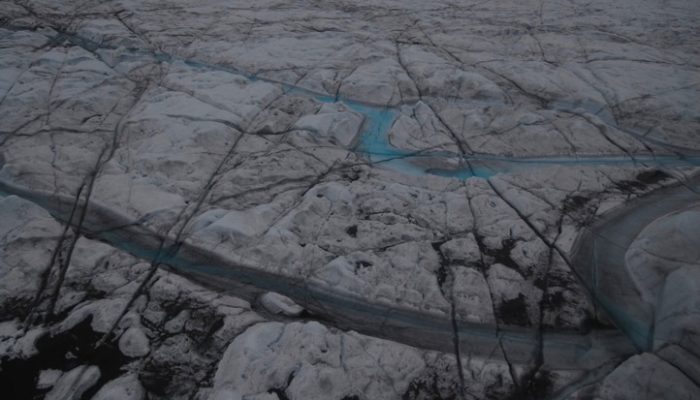
When it comes to global warming, greenhouse gases – and more specifically CO2 – are the most often pointed out. Fewer people know however that tiny atmospheric particles called ‘black carbon’ also contribute to the current warming. This post presents a paper my colleague and I recently published in Nature Communications . Our study sheds more light into the chemical make-up of black ca ...[Read More]
When cooling causes heating
Following the Montreal Protocol in the late 1980s, CFC (chlorofluorocarbon) were replaced by hydrofluorocarbons (HFC) as a refrigerant. Unfortunately, the HFC’s have a global warming potential (GWP) far greater than the well-known greenhouse gas (GHG), carbon dioxide. Apart from the fact that this was not kn ...[Read More]
Science Communication – Brexit, Climate Change and the Bluedot Festival
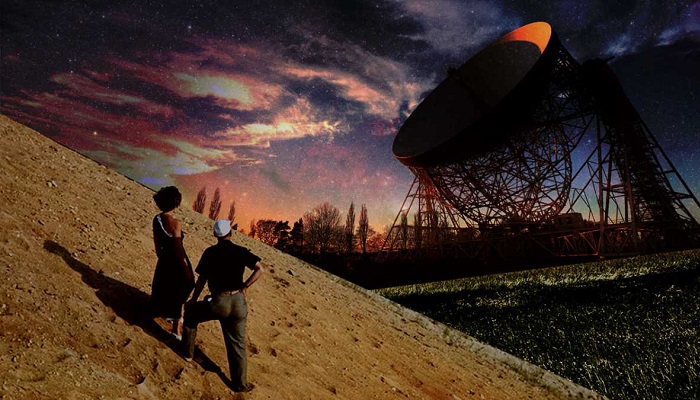
Earlier this summer journalists, broadcasters, writers and scientists gathered in Manchester, UK for the Third European Conference of Science Journalists (ECSJ) arranged by two prestigious organisations. Firstly, the Association of British Science Writers (ABSW) who provides support to those who write about science and technology in the UK through debates, events and awards. Secondly the European ...[Read More]
How does weather affect volcanoes?
I was taking a plane trip home recently. To kill the time I got talking with the person sitting next to me and naturally one of their first questions was to ask me what I did for a living. To avoid a complicated discussion about the nuances of my research I summarised – ‘I am a volcanic meteorologist’. They were interested and wanted to know all about how volcanoes affect the weather, ...[Read More]
Atmospheric Modelling with Meso-NH
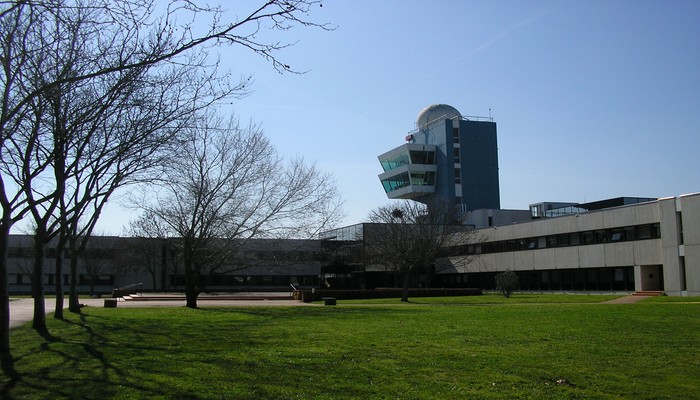
Twice a year in Toulouse Meteo-France runs a tutorial on Meso-NH – the non-hydrostatic mesoscale atmospheric model of the French research community. Last week I was fortunate enough to attend their autumn 2015 tutorial. But, what is this model and was the tutorial useful? Atmospheric models solve the governing equations for atmospheric motions. This allows us, for example, to forecast future ...[Read More]

